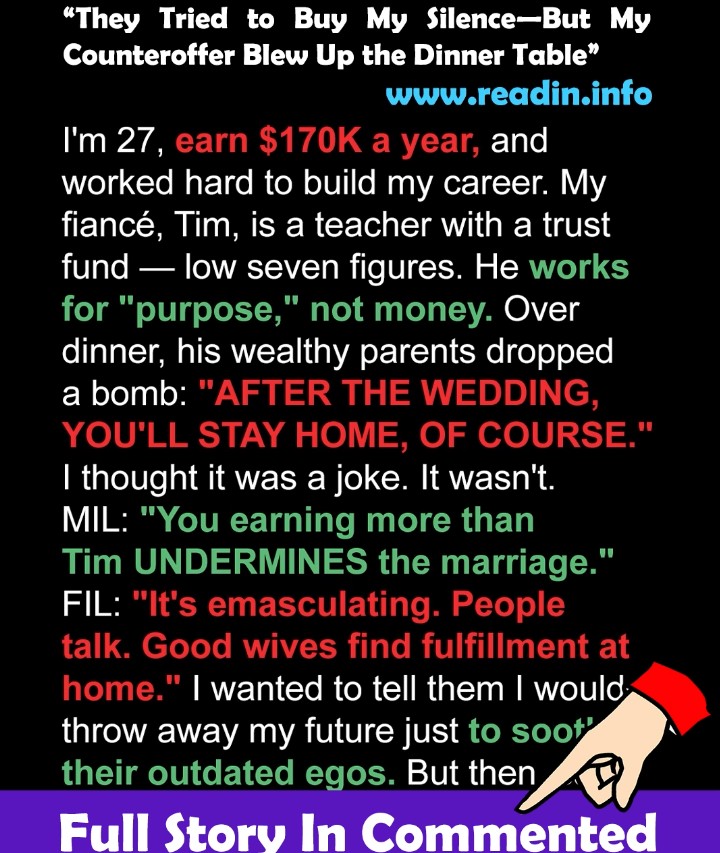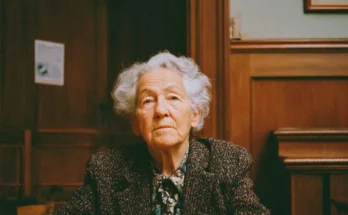They thought a check would erase the past. That a signature would seal my lips. That I’d trade truth for comfort. But when the wine was poured and the roast carved, I slid the envelope back across the table—empty. My silence wasn’t for sale. But my story? That had value. And I named my price.
The room went still. Forks hovered mid-air. My uncle’s smirk faltered. My mother’s eyes darted to the chandelier, as if its crystals could distract from the reckoning. I leaned in, voice steady, heart pounding.
“You want me quiet? Then let’s talk numbers. Not hush money. Reparations.”
I listed every lie they’d buried. Every bruise they’d ignored. Every time they chose reputation over justice. I didn’t yell. I didn’t cry. I just recited facts—cold, precise, undeniable.
My cousin tried to laugh it off. “You’re being dramatic.”
I turned to him. “You were there. You saw. You said nothing.”
The laughter died.
I wasn’t asking for pity. I was demanding accountability. And I made it clear: if they didn’t meet my terms, I’d go public. Not out of vengeance—but survival. Because silence had cost me too much already.

The dinner table, once a symbol of family unity, became a battlefield. No one touched dessert.
By the time I stood to leave, the air was thick with shame. Not mine—theirs. I didn’t get a check that night. But I got something better: power. The kind that comes from refusing to be erased.


